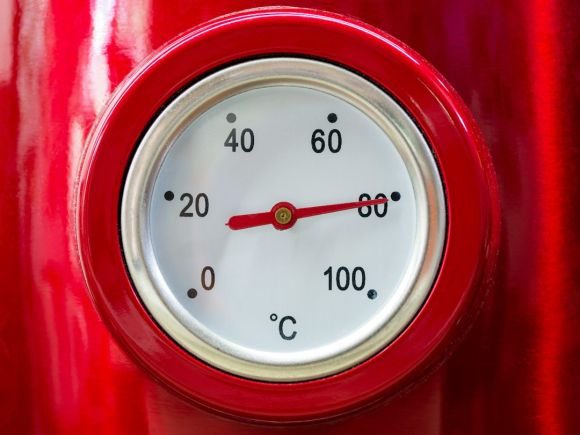When it comes to choosing a water heater for your home, there are two main options to consider: tank and tankless water heaters. Each type has its own set of advantages and disadvantages, and understanding the differences between them can help you make an informed decision. In this article, we will compare tank and tankless water heaters to determine which one is best for you.
How They Work
Tank water heaters, as the name suggests, store hot water in a tank until it is needed. Cold water enters the tank and is heated by a gas burner or electric element. The hot water is then stored until it is used, and the tank refills with cold water to be heated again.
On the other hand, tankless water heaters do not store hot water. Instead, they heat the water on demand as it flows through the unit. When a hot water tap is turned on, cold water travels through a heat exchanger, which quickly heats it to the desired temperature.
Energy Efficiency
One of the main advantages of tankless water heaters is their energy efficiency. Since they only heat water as it is needed, there is no standby heat loss like with tank water heaters. This means that tankless water heaters can be more energy-efficient, resulting in lower utility bills. According to the U.S. Department of Energy, tankless water heaters can be up to 34% more efficient than tank water heaters.
However, it’s important to note that tankless water heaters typically have a higher initial cost compared to tank water heaters. The energy savings over time can offset this initial investment, but it’s something to consider when making your decision.
Hot Water Supply
Tank water heaters have a limited supply of hot water based on the size of the tank. Once the hot water is used up, it takes time for the tank to refill and heat more water. This can be a disadvantage if you have a large household with high hot water demand.
On the other hand, tankless water heaters provide a continuous supply of hot water. Since the water is heated on demand, there is no limit to how much hot water can be used at a time. This makes tankless water heaters ideal for households with multiple bathrooms or high hot water usage.
Maintenance and Lifespan
Tank water heaters require regular maintenance, such as flushing the tank to remove sediment buildup. Over time, sediment can accumulate in the tank, reducing its efficiency and potentially causing damage. Tank water heaters also have a limited lifespan, typically around 10-15 years.
In contrast, tankless water heaters require less maintenance. They do not have a tank to flush, and the absence of standing water reduces the risk of corrosion. Additionally, tankless water heaters have a longer lifespan, usually around 20 years or more.
Space Considerations
Tank water heaters require a significant amount of space for installation. They are typically large and bulky, taking up valuable space in basements or utility rooms. If you have limited space, a tankless water heater may be a better option. Tankless units are compact and can be mounted on a wall, freeing up floor space.
Conclusion: Making the Right Choice
In summary, both tank and tankless water heaters have their own set of advantages and disadvantages. Tank water heaters are more affordable upfront and are suitable for households with low hot water demand. On the other hand, tankless water heaters are more energy-efficient, provide a continuous supply of hot water, require less maintenance, and have a longer lifespan.
Ultimately, the best choice depends on your specific needs and preferences. Consider factors such as hot water demand, energy efficiency, maintenance requirements, and available space. By carefully weighing these factors, you can make an informed decision and choose the water heater that is best for you and your home.



